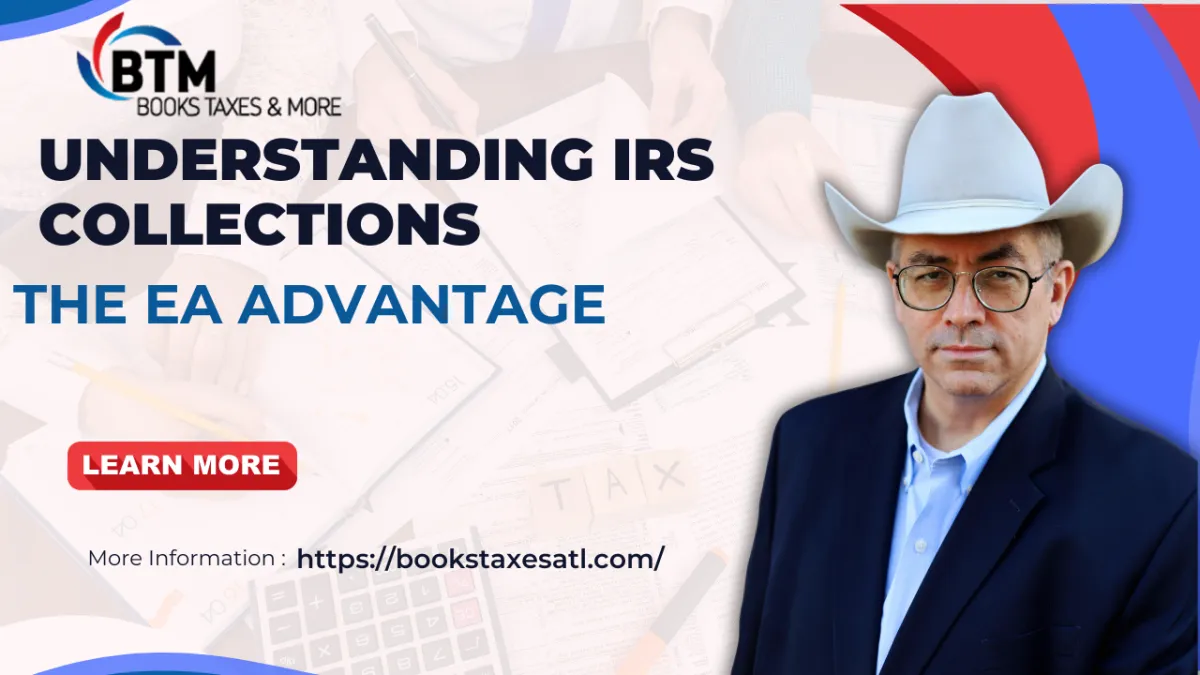Understanding IRS Collections: The EA Advantage
The IRS collection process can be complex and stressful, especially when dealing with unpaid taxes or income discrepancies. An Enrolled Agent (EA) plays a critical role in safeguarding taxpayer rights throughout this process. It often starts with a CP2000 notice, which alerts taxpayers to potential underreported income based on IRS information. An EA carefully reviews this notice and the taxpayer’s documents to challenge any inaccuracies, preventing unnecessary penalties. If discrepancies remain unresolved, the IRS sends escalating payment notices (CP14, CP501, CP503, CP504), with the EA facilitating communication to resolve issues before enforcement actions begin. When tax debts remain unpaid, the IRS issues a final notice (Letter 1058 or LT11), warning of impending levies but offering the taxpayer a 30-day window to request a Collection Due Process hearing. The EA files this hearing request, represents the taxpayer, and explores alternatives like installment agreements, offers in compromise, or currently not collectible status. If enforcement proceeds, the EA intervenes to stop or reduce collections through negotiation or documentation of hardship. Ultimately, EAs are federally licensed experts dedicated to protecting taxpayer rights, representing clients before the IRS, and securing fair resolutions. Early professional help from an EA, such as Steve Perry at Books, Taxes & More, often leads to the best outcomes in IRS tax disputes. Contact: 678-717-9818 | [[email protected]](mailto:[email protected])

